Protecting tourists through the World Tourism Organization (UNWTO) International Code to promote tourism recovery in the Asia- Pacific region was an important content of the High-Level Discussion on outstanding challenges and opportunities for tourism recovery in the region.
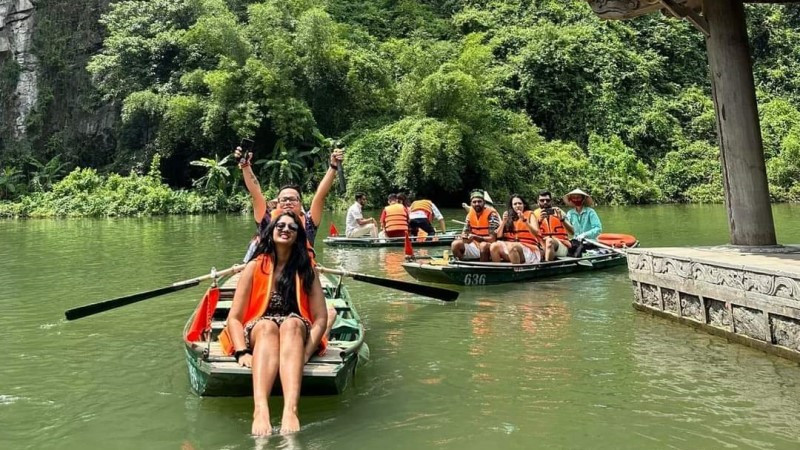
According to the Vietnam National Administration of Tourism , the High-Level Discussion Session within the framework of the Conference on the International Code of Conduct for the Protection of Tourists took place in Phnom Penh on the afternoon of June 15. The Vietnam National Administration of Tourism delegation led by Director General Nguyen Trung Khanh attended the event.
In her keynote speech on “Rebuilding consumer confidence in tourism after the Covid-19 pandemic”, Ms. Alicia Gomez, Legal Advisor of UNWTO, pointed out the challenges in protecting tourists, especially during the Covid-19 period.
According to Ms. Alicia, the Code was adopted at the 24th session of the UNWTO General Assembly in December 2021. The Code provides practical guidance for governments and proposes national policies, analyzes the relationship between stakeholders in the tourism industry and makes recommendations to protect and support tourists.
Member States are encouraged to comply with the Code, share best practices with other Member States and implement a reporting regime with UNWTO. At the same time, they are encouraged to apply minimum standards of protection for tourists after standardisation and harmonisation of the rules. Both the public and private sectors are encouraged to implement the Code and incorporate its contents into contracts with tourists.
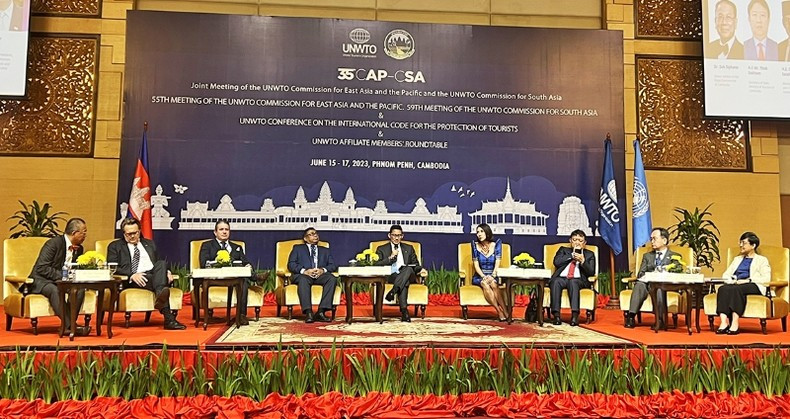
During the discussion, speakers from Indonesia, the Philippines, Maldives, Japan, China and the Pacific Asia Travel Association (PATA) all agreed on adding content on tourist protection to the Tourism Code, as well as establishing a rapid response unit to deal with issues of protecting the rights and safety of tourists.
Speakers said that it is necessary to focus on attracting human resources in the tourism industry, training and improving quality to ensure the best service for tourists, developing self-reliant tourism to keep up with the technological leaps in the world today, requiring countries to try to apply technology more.
Regarding solutions to regain tourists' trust, speakers agreed that it is necessary to create benefits for local people while ensuring the interests of tourists, have a coordination mechanism between the state and the private sector to ensure a good experience for visitors, build a tourism culture,...
At the technical discussion on supporting international tourists in emergency situations, speakers emphasized the need for flexible mechanisms to encourage countries to support and protect tourists in accordance with each country's capacity and tourism environment.
There needs to be cooperation between airlines and governments, giving recommendations to countries on how to prepare for bad situations, tourism crises, and be ready to provide information and support to tourists as soon as an emergency occurs; encouraging tourists to equip themselves, learn about destinations, and purchase travel insurance, etc.
Regarding the minimum standards for protecting tourists, speakers affirmed that service providers are an important factor and need to provide clear information to consumers (from immigration authorities, airports... to tourism service providers).
Tourists need to be informed and educated about the International Code of Conduct for the Protection of Tourists, and destinations need to leverage the power of the media to increase communication and information for tourists. In addition, it is necessary to build good relationships between service providers and embassies and consulates to support tourists when necessary,...
International Code for the Protection of Tourists As a fundamental framework for tourism recovery in the post-Covid-19 era, the International Code for the Protection of Tourists (ICPT) provides a set of minimum international standards for the protection of tourists in emergency situations and the consumer rights of tourists. Addressed to governments, public and private sector stakeholders as well as tourists themselves, ICPT aims to restore consumer confidence and make the tourism environment more attractive by creating a sense of security for tourists/trippers and improving contractual relationships between suppliers and recipients of various tourism services. Adopted by resolution 732 (XXIV) of the General Assembly of the World Tourism Organization (UNWTO), the ICPT provides practical guidance on policy, law and management practice for all those, in the public and private sectors, who have duties, responsibilities, obligations and rights in relation to the issues addressed therein. “We can only restart tourism if we restore confidence in tourism. People want to feel safe and cared for when they travel,” UNWTO Secretary-General Zurab Pololikashvili stressed. |
Source




![[Photo] Urgently help people soon have a place to live and stabilize their lives](/_next/image?url=https%3A%2F%2Fvphoto.vietnam.vn%2Fthumb%2F1200x675%2Fvietnam%2Fresource%2FIMAGE%2F2025%2F12%2F09%2F1765248230297_c-jpg.webp&w=3840&q=75)



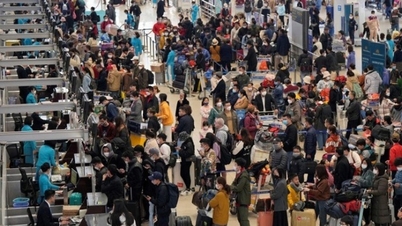

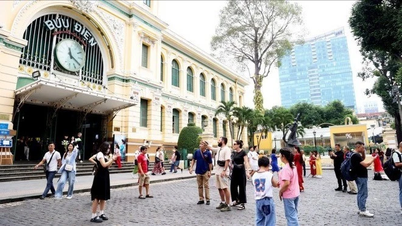



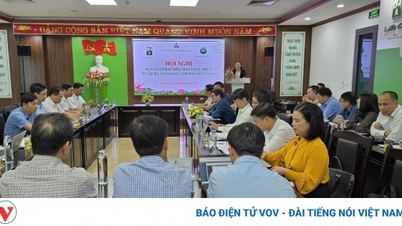



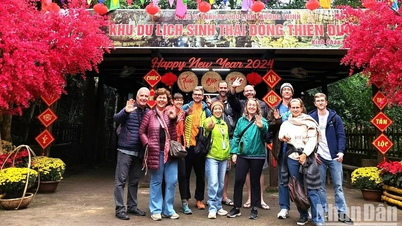


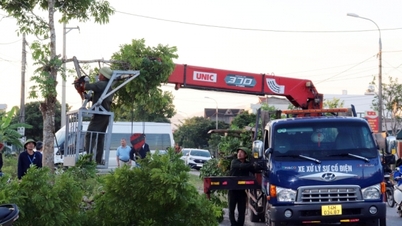
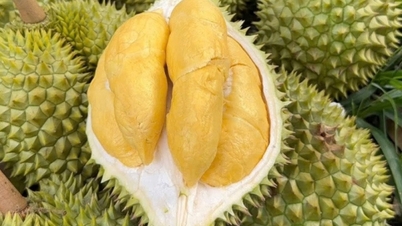







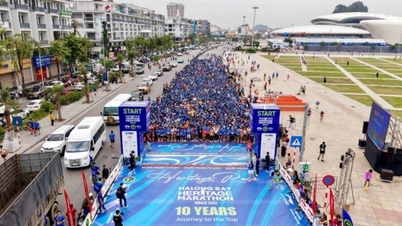

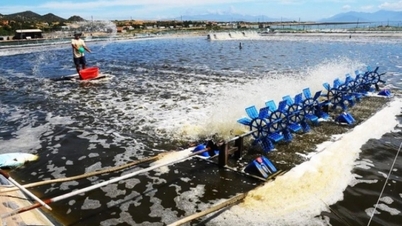

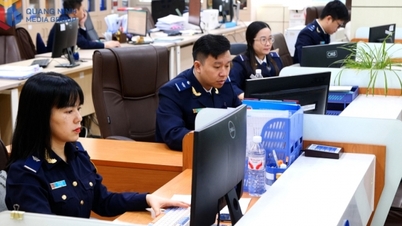


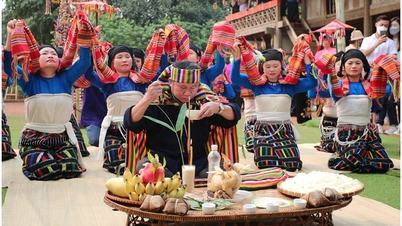

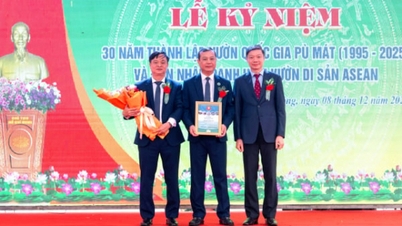


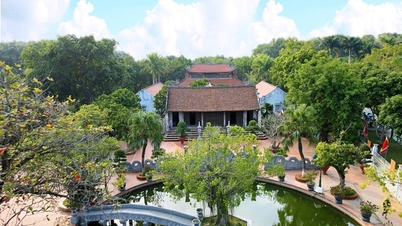
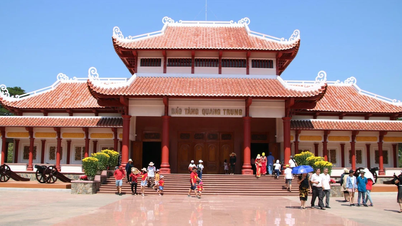
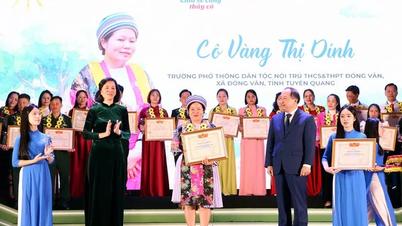

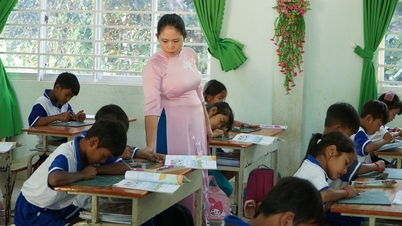

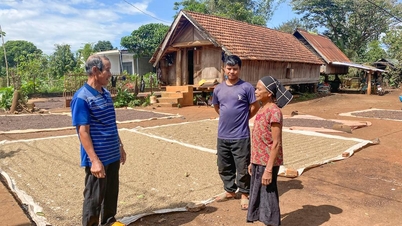

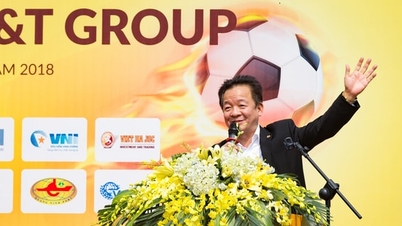

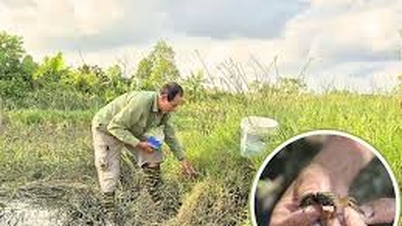

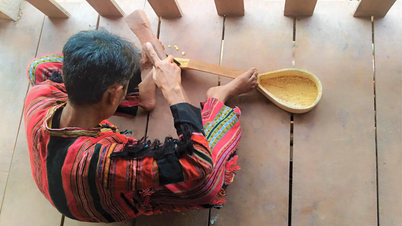

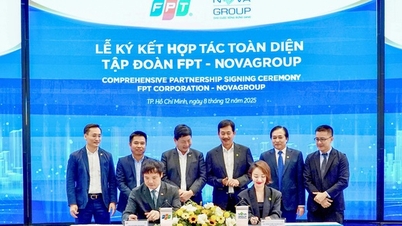

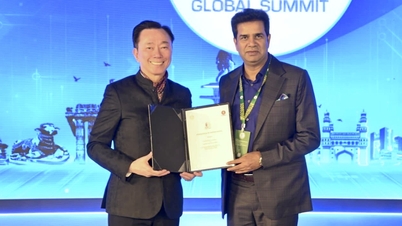

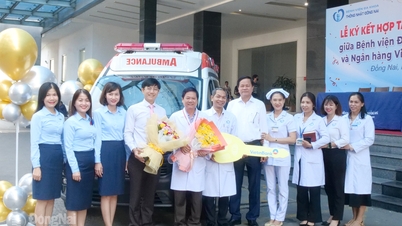

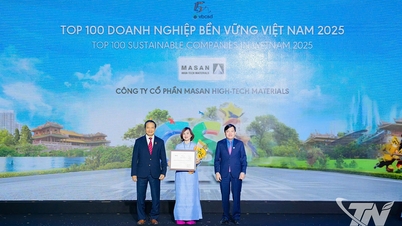


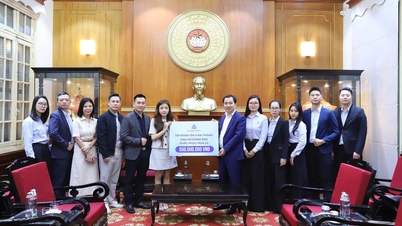






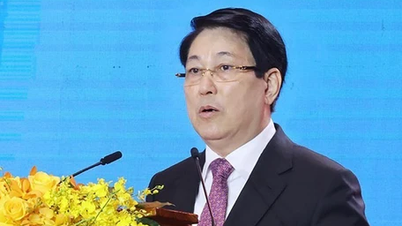
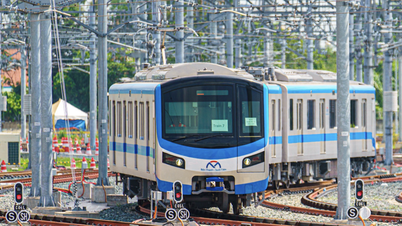

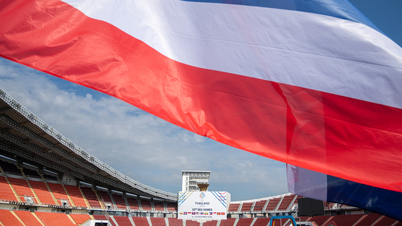

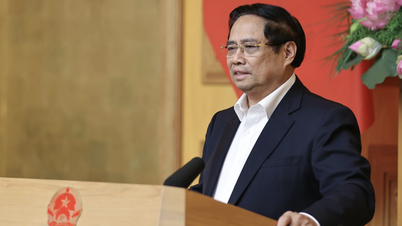

![[Photo] General Secretary To Lam works with the Standing Committees of the 14th Party Congress Subcommittees](https://vphoto.vietnam.vn/thumb/402x226/vietnam/resource/IMAGE/2025/12/09/1765265023554_image.jpeg)






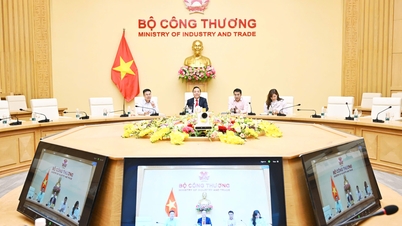
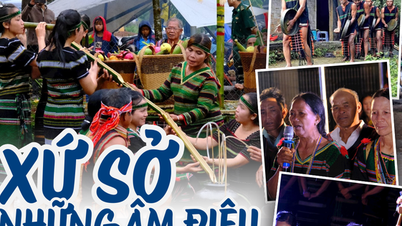
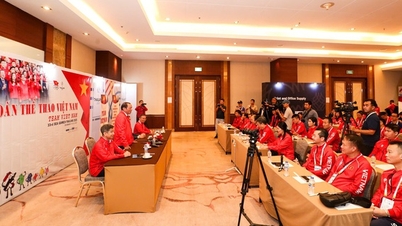
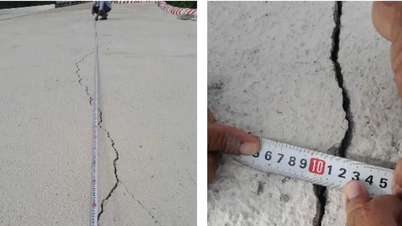

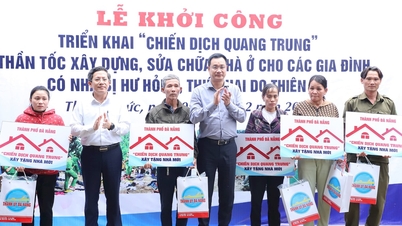

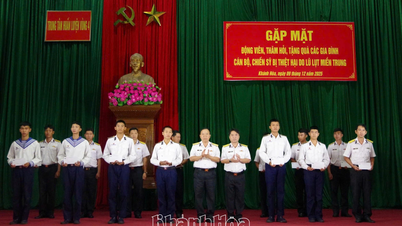

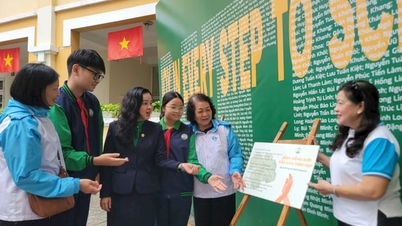
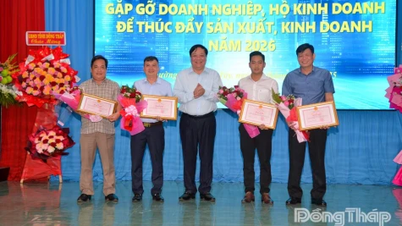

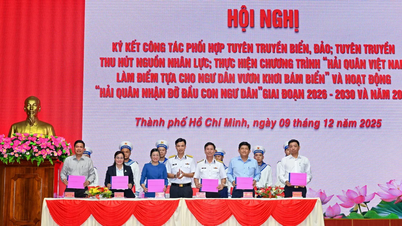
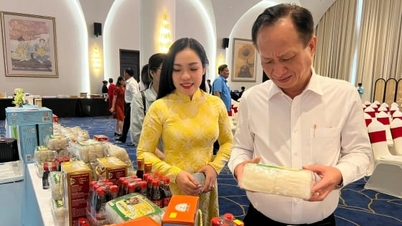








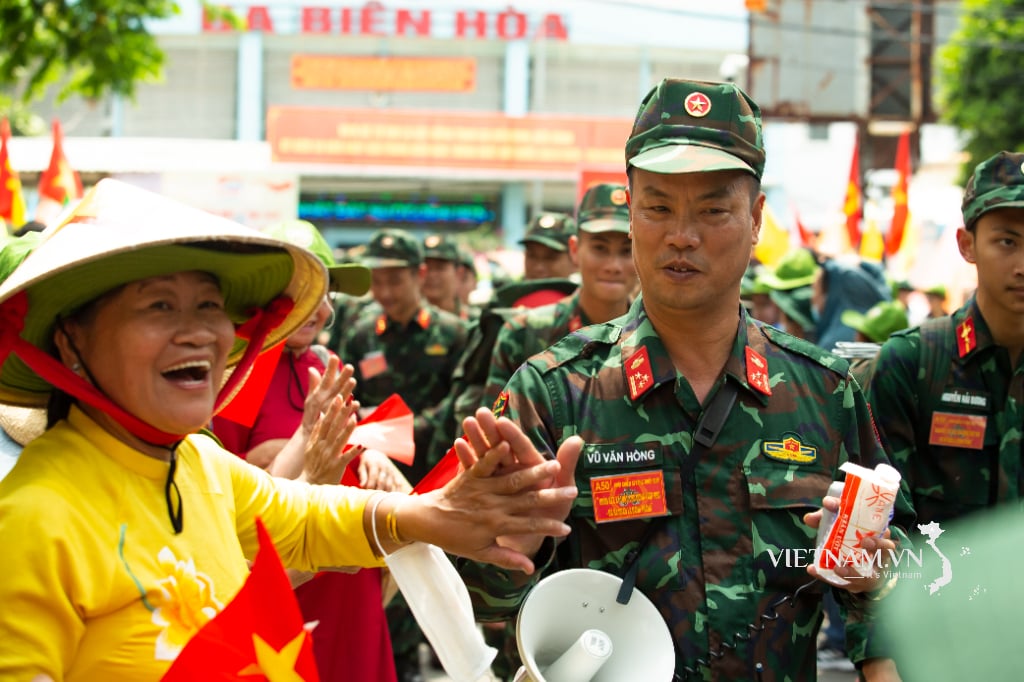






Comment (0)